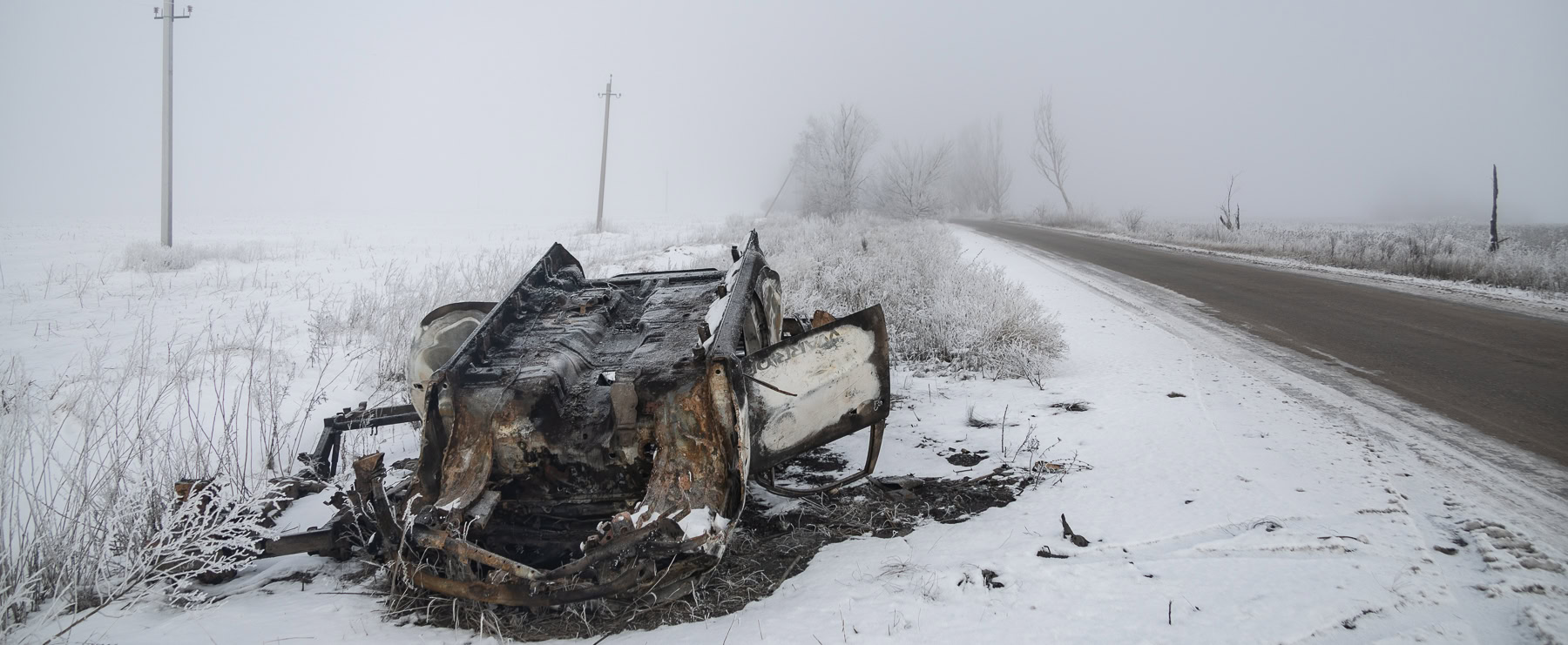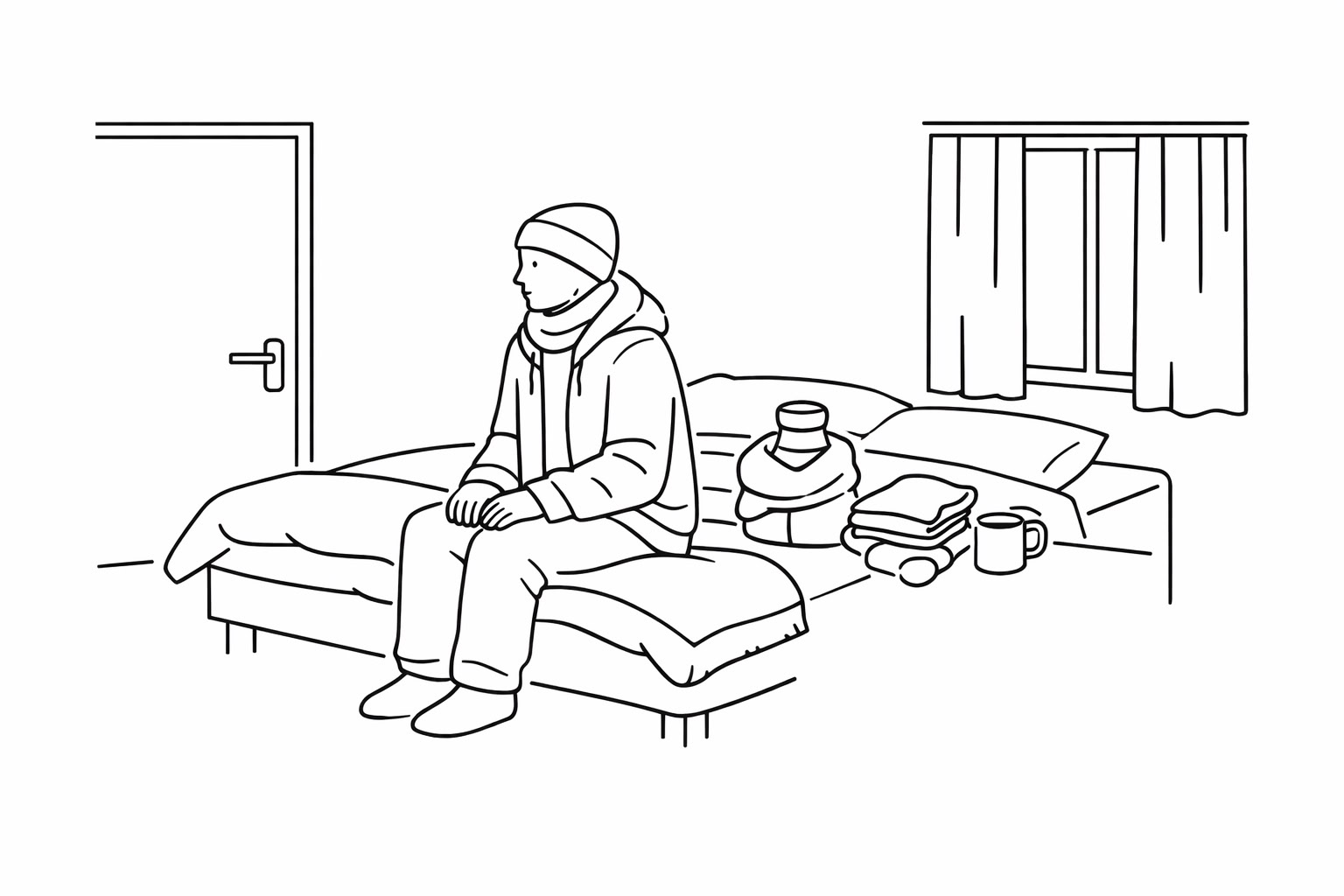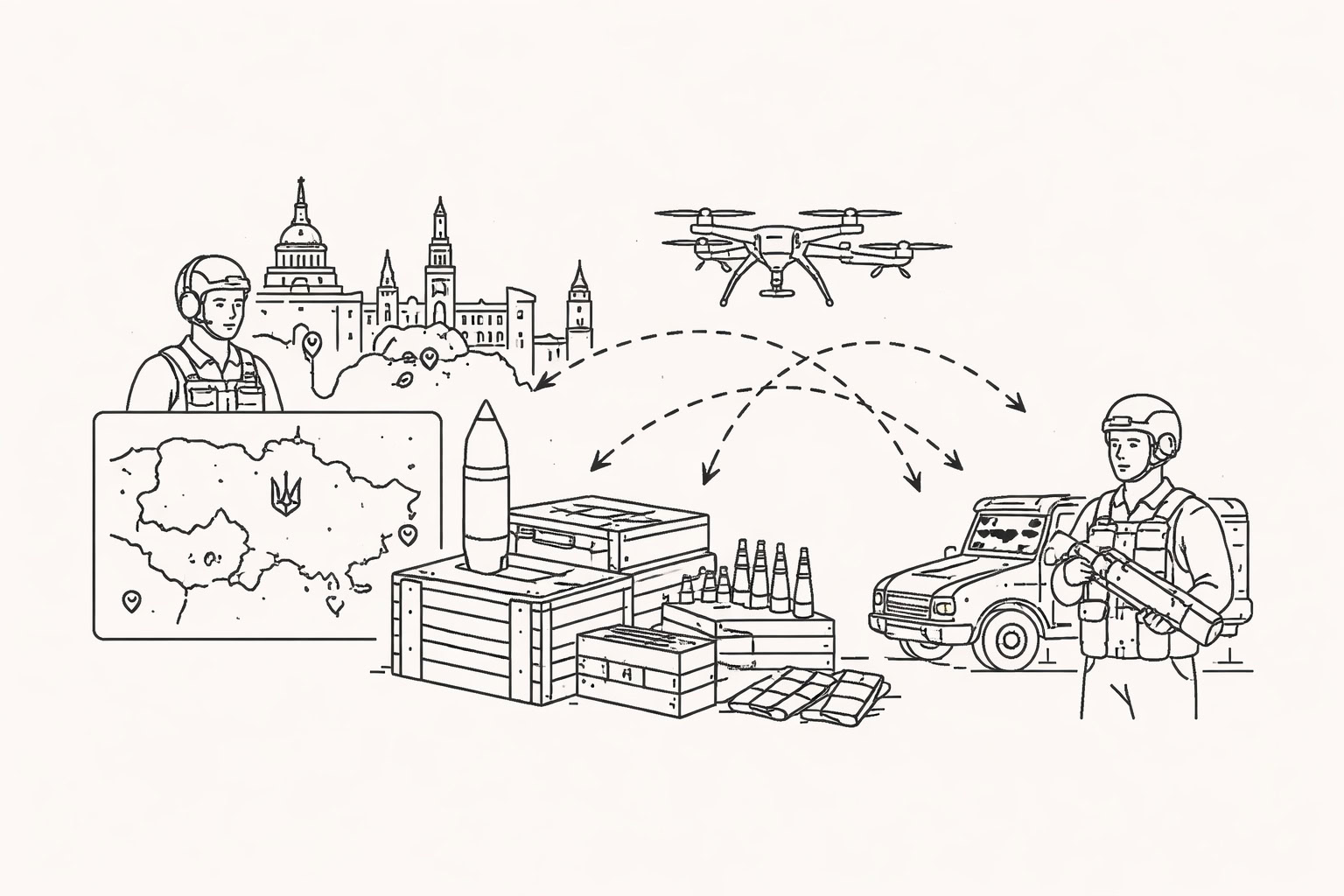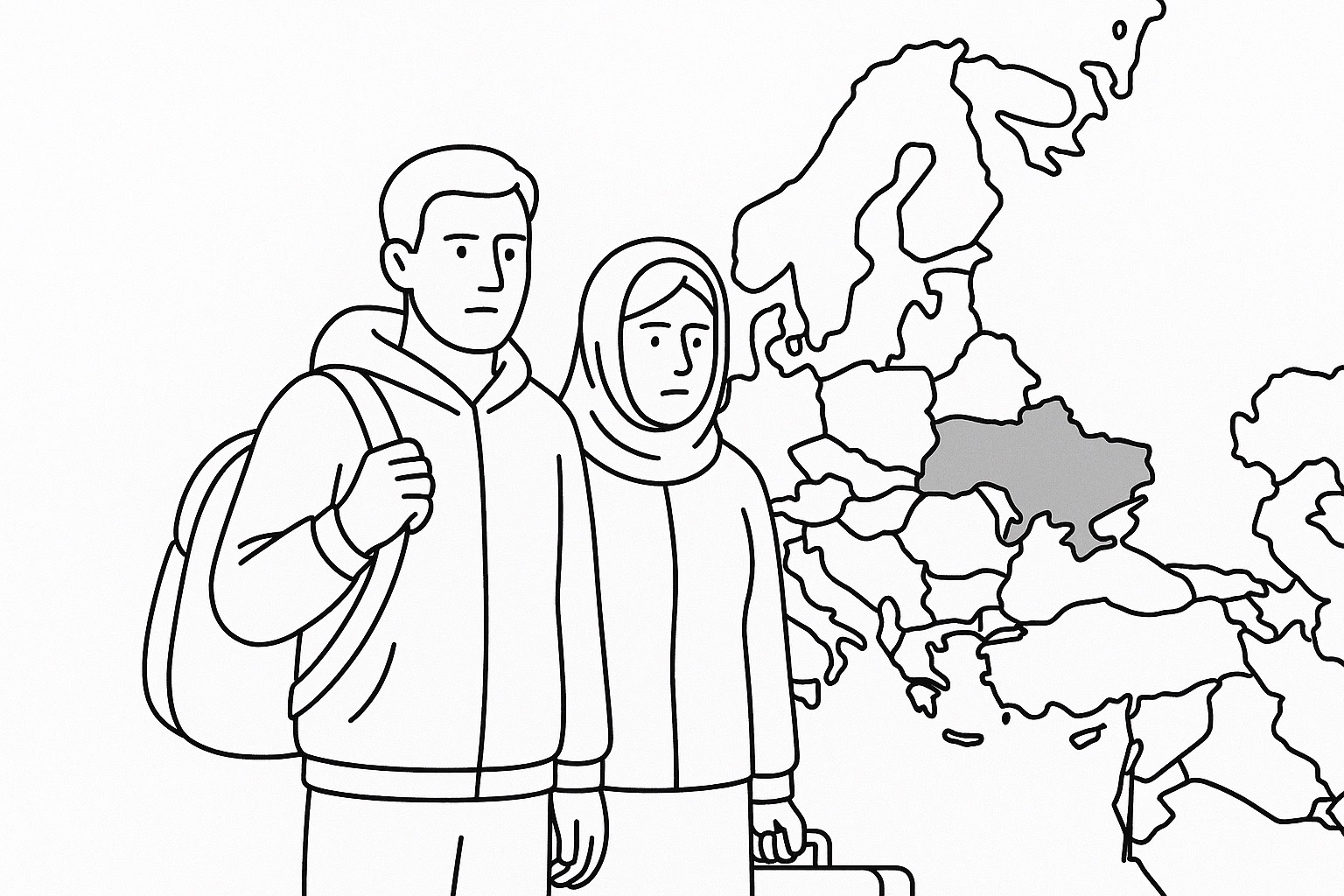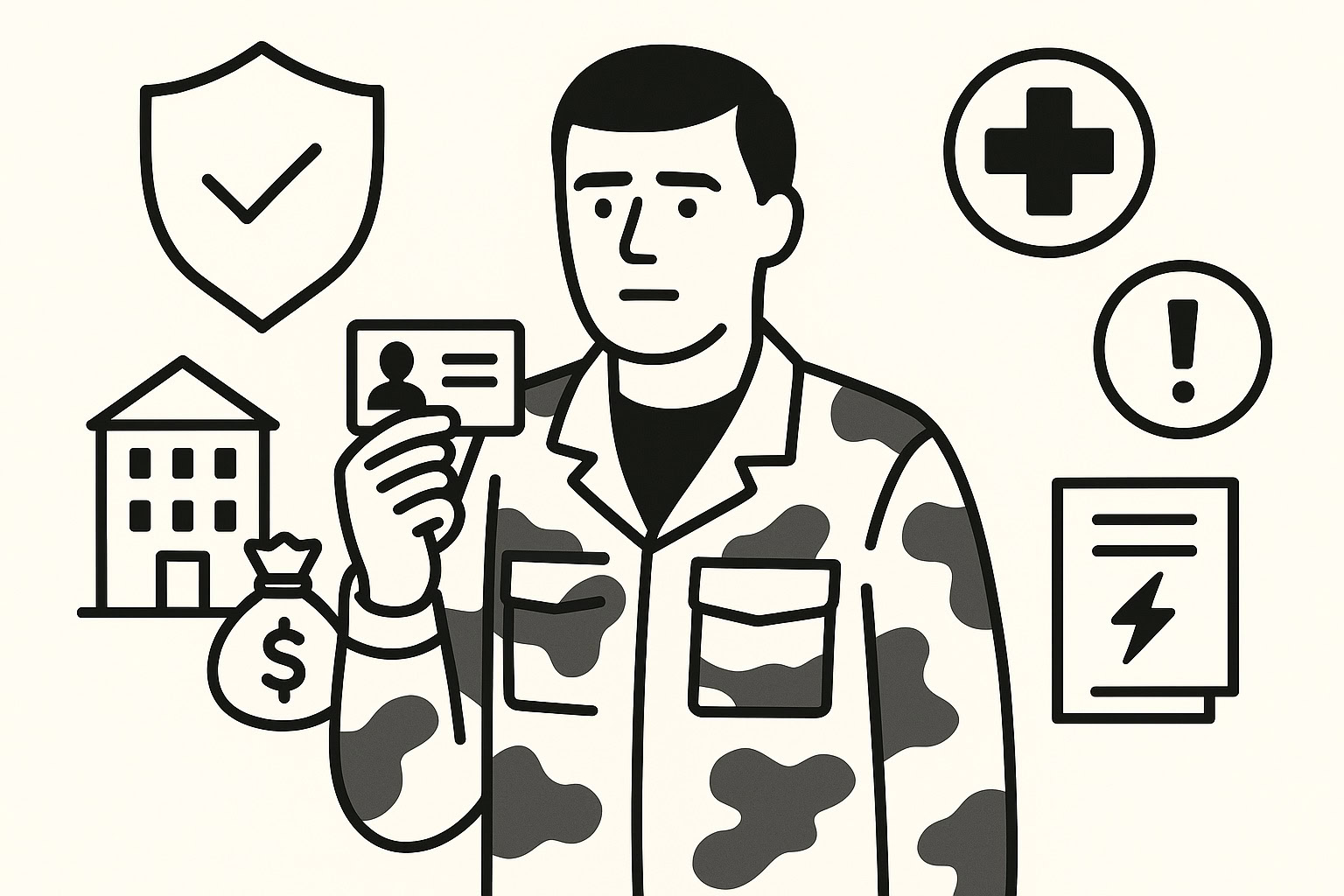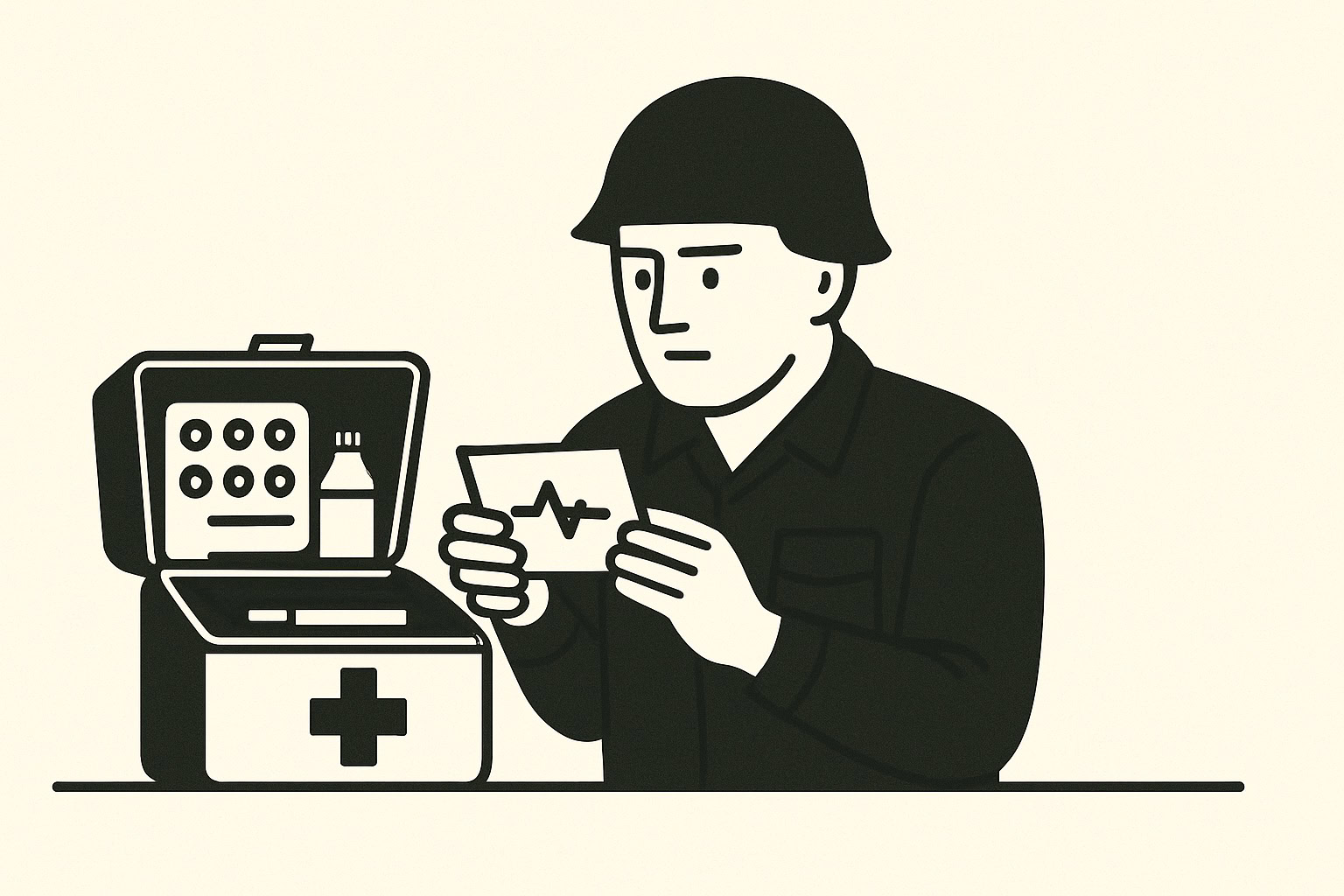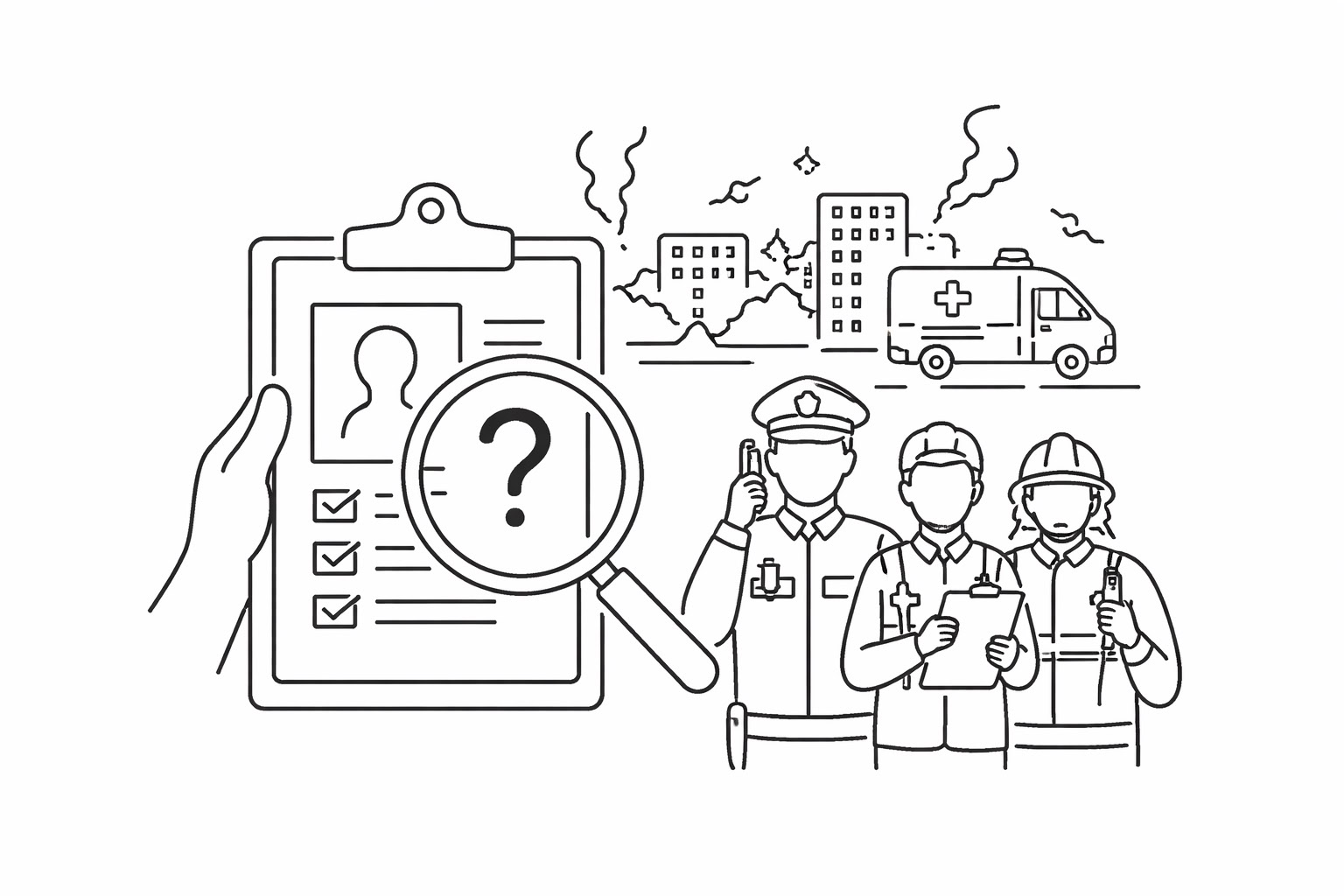

-

Return from captivity: what support is available
For former war prisoners, the effects of captivity do not end with their release. Frontliner outlines how to avoid that.
-
“The enemy is pushing everywhere”: Ukraine has lost control of 4,000 square kilometers over the past year
Russia’s territorial gains over the past year totaled nearly 1,000 square kilometers more than in 2024. Frontliner summed up developments on the front line.
-
How Ukraine’s global image has changed after nearly four years of full-scale war
Russia’s all-out war has made Ukraine one of the most visible countries in global news, transforming it from “a country somewhere in Eastern Europe” into a symbol of resistance and a test of principle for its partners. Frontliner explains how Ukraine’s image has taken shape as of early 2026.
-
Warmth without central heating: how to stay warm in an apartment during outages
Ukrainians have already endured the coldest spells of this winter. Yet many apartments remain without heating and receive electricity only intermittently. Frontliner offers several tips to help get through it.
-
Teenagers and youth of war: how a generation’s identity is changing
Russia’s full-scale war against Ukraine has long moved beyond the front line. It has entered schools, families and cities, disrupted education plans and the first steps into adulthood. Frontliner examines how the war is reshaping the identity of teenagers and young people.
-
TikTok and Telegram: War fakes — risks in 2026
The year 2026 is likely to bring more realistic disinformation about the war. The main threat is mass coordinated drops: when dozens of accounts simultaneously amplify the same narrative, turning it into a background reality in a very short time.
-
Western military aid: what to expect in 2026
The year 2025 became a record one for Ukraine in terms of Western military assistance. Despite growing talk of “war fatigue” and new political constraints, allies pledged around $45 billion in support. At the same time, shifting political moods in key capitals slowed the delivery of part of that aid.
-
IDP Rights: will there be housing, jobs and compensation in 2026?
By the end of 2025, about 4.6 million internally displaced persons were officially registered in Ukraine, with the largest numbers concentrated in major cities and regions that absorbed evacuation waves, according to the Ministry of Social Policy.
-
Ukrainian refugees in Europe: what to expect in 2026
By the end of 2025, about 4.3 million people who fled Ukraine were still under temporary protection in the European Union. The EU has already extended this regime until March 4, 2027, but assistance packages across member states are increasingly being adjusted to budget constraints and labor market needs.
-
Combatant status in Ukraine: who qualifies, what Is promised and what actually works out
Russia’s full-scale war has sharply increased the number of people eligible for combatant status. Along with the designation, the state promises a wide range of social guarantees, such as utility discounts, or priority access to housing.
-
A first-aid kit isn’t eternal: why and when its components must be replaced
A tourniquet can tear or fail to lock, and a hemostatic bandage can turn out to be expired and ineffective. Components of a military first-aid kit have a limited lifespan and require regular replacement.
